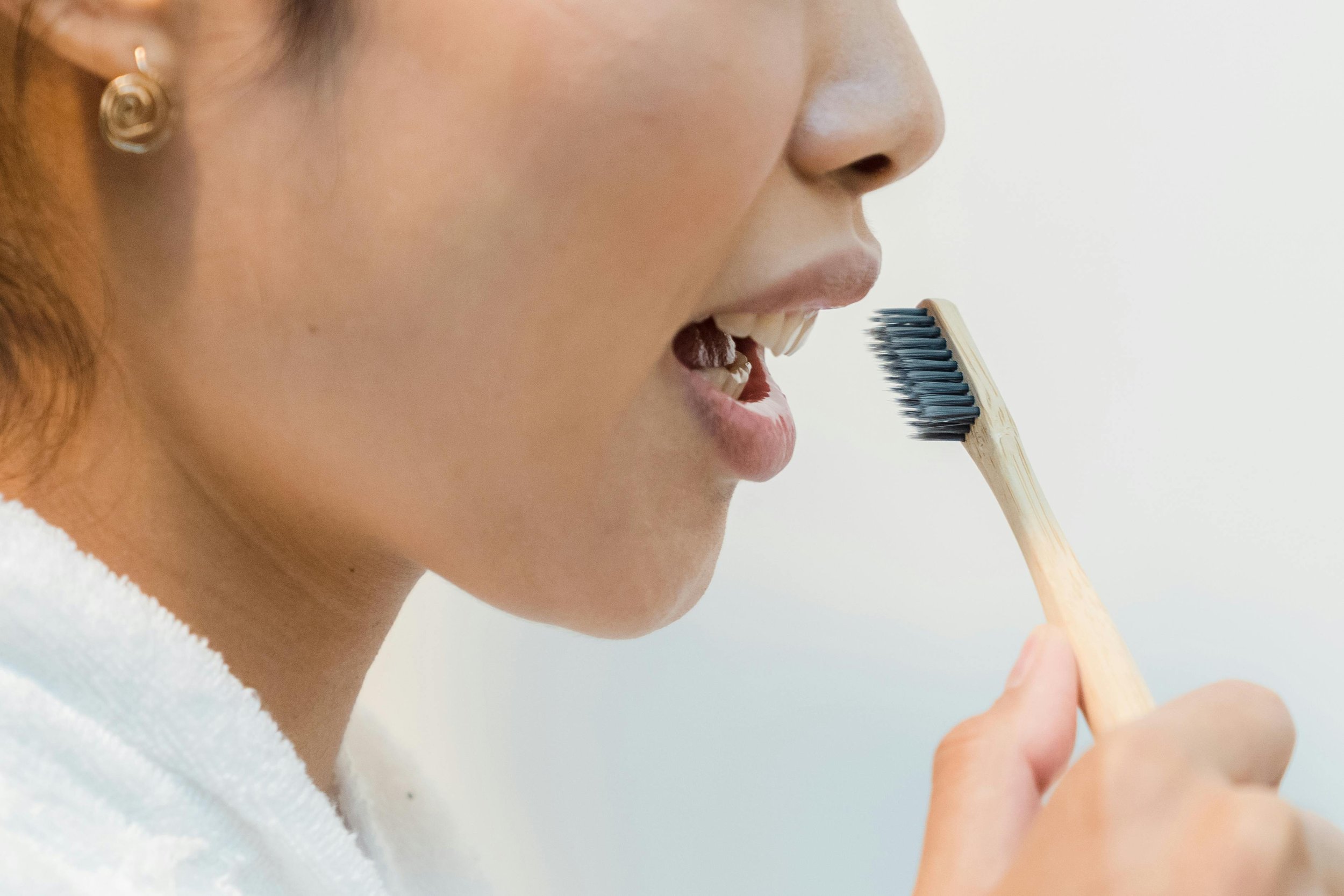
SAVE THE DATE: 2025 Global Taste & Smell Summit
The World Taste & Smell Association’s 2025 Global Taste & Smell Summit is an invite-only high-level, cross-disciplinary gathering uniting sensory scientists, chefs, clinicians, creators, and cultural changemakers to explore the profound role of taste and smell in human experience, health, and innovation. We look forward to seeing our friends and collaborators at the prestigious Culinary Institute of America in the Hudson Valley on SEPTEMBER 15th and 16th, 2025.

Non Invasive Smell Aids Tested in Clinical Trial: May Offer Some Improvement to Olfactory Ability
Non-invasive smell aids may improve the ability to smell according to the results of a recent clinical trial. Researchers from Ohio State University tested a nasal plug and a nasal clip designed to improve intranasal air and odorant delivery. The results, reported in BMC Medicine, show some promise.

The Nose Knows: Why the Future of Virtual Reality Smells Different
One person’s lavender is another’s laundry trauma. Without nuance, scent can become a glitch in the matrix. Mindy share more on this.

Barcelona Perfumery Congress
WTSA co-founder, Stephanie Feuer, will be a featured speaker at the 6th edition of the Barcelona Perfumery Congress.

Individuals experiencing extended periods of smell loss after COVID-19 infection reported higher instances of depression and anxiety.
A recent study by researchers at the University of Mons in Belgium has found that prolonged loss of smell (anosmia) following COVID-19 infection is associated with increased levels of depression and anxiety. The study highlights the significant impact that persistent olfactory dysfunction can have on mental health, emphasizing the need for comprehensive care for COVID-19 survivors experiencing long-term sensory deficits.

In the mood: A Timely Webinar on Mood-Enhancing Foods & Beverages Set for June 24
From adaptogenic drinks and dopamine-boosting snacks to functional foods for hormonal balance, consumer interest in products that elevate emotional well-being is reshaping the F&B landscape.

How Scents Influence Visual Perception of Movement
Scent can alter visual motion perception—without prior learning.

Chemosensory Dysfunction in Cancer Care: Why Taste and Smell Deserve a Seat at the Table
A 2025 study published in the Journal of Cancer Education by Stromberg et al. makes the case clear: chemosensory dysfunction is common, disruptive, and under-addressed.

Welcome to the Era of Aura Culture
In today’s digital age, our online presence often overshadows our physical reality. “Aura Culture” encapsulates this phenomenon, where the curated digital persona becomes paramount. This shift influences how we perceive authenticity, value, and identity, prompting brands and individuals to navigate the balance between genuine expression and digital representation.
As we delve deeper into this era, understanding and adapting to Aura Culture becomes essential for meaningful engagement and connection in both personal and professional spheres.

New Teeth, New Taste: Dental Implants and Their Effect on Flavor Perception
People are often unaware of the risks to their ability to taste when replacing teeth becomes necessary

When Brand Names Smell Right: The Power of Phonetics & Scent
When a name sounds like the product smells, it creates a more cohesive and memorable experience.

Numb to the Taste: Dental Anesthesia and Taste Loss

The 7 Fragrance Trends Dominating 2025: The Future Is More Than a Scent
From interactive storytelling and sculptural packaging to the rise of indie perfumers and culturally rich narratives, WTSA’s Mindy Yang highlights the industry’s shift towards more personalized and emotionally resonant creations.
Discover how home scenting is becoming a key aspect of wellness and interior design, and how perfumers are finally gaining recognition as the artists behind these olfactory masterpieces.
Read the full article here: The 7 Fragrance Trends Dominating 2025: The Future Is More Than a Scent.

Hate cilantro or anchovies? Evolutionary science could explain why
Complex factors influence our food preferences and aversions. Evolutionary biology, genetics, personal experiences, and cultural backgrounds all come into play.

The First Thing to Go: Smell, Emotion, and the Invisible Onset of Parkinson’s
On April 17, 2025, is so important. At last, it centers emotions—so often pushed to the margins—bringing in experts, patients, and caregivers to discuss the full human experience of Parkinson’s. It’s not just about what you do. It’s about how you feel.

The Botanical Buzz: 6 Emerging Wellness Trends We’re Watching in 2025
Mindy Yang shares six standout wellness trends that you’re likely to see popping up on store shelves, in your favorite wellness influencers’ routines, and maybe even in your own kitchen cabinet this year.

Self-Administered Smell Test May Detect Risk For Alzheimer’s
A self-administered smell test taken at home could help identify older adults who may be at risk for Alzheimer’s disease

PRP Treatment Injects Hope for People Suffering From Smell Loss
A lasting treatment for smell loss from Covid may be in a patient’s blood. Clinicians are reporting PRP treatments offer a whiff of hope for people with smell loss.

Recipe for Recovery: Cooking School Therapy Shows Promising Results for Patients with Smell Loss
Participating in a structured cooking school program may significantly improve olfactory function in patients suffering from smell loss.

Taste and Our Oral Microbiome
The human body is a host to several microbiomes, or communities of microscopic organisms, and every taste experience is influenced especially by the most stable of them all - the one found just past your lips.




